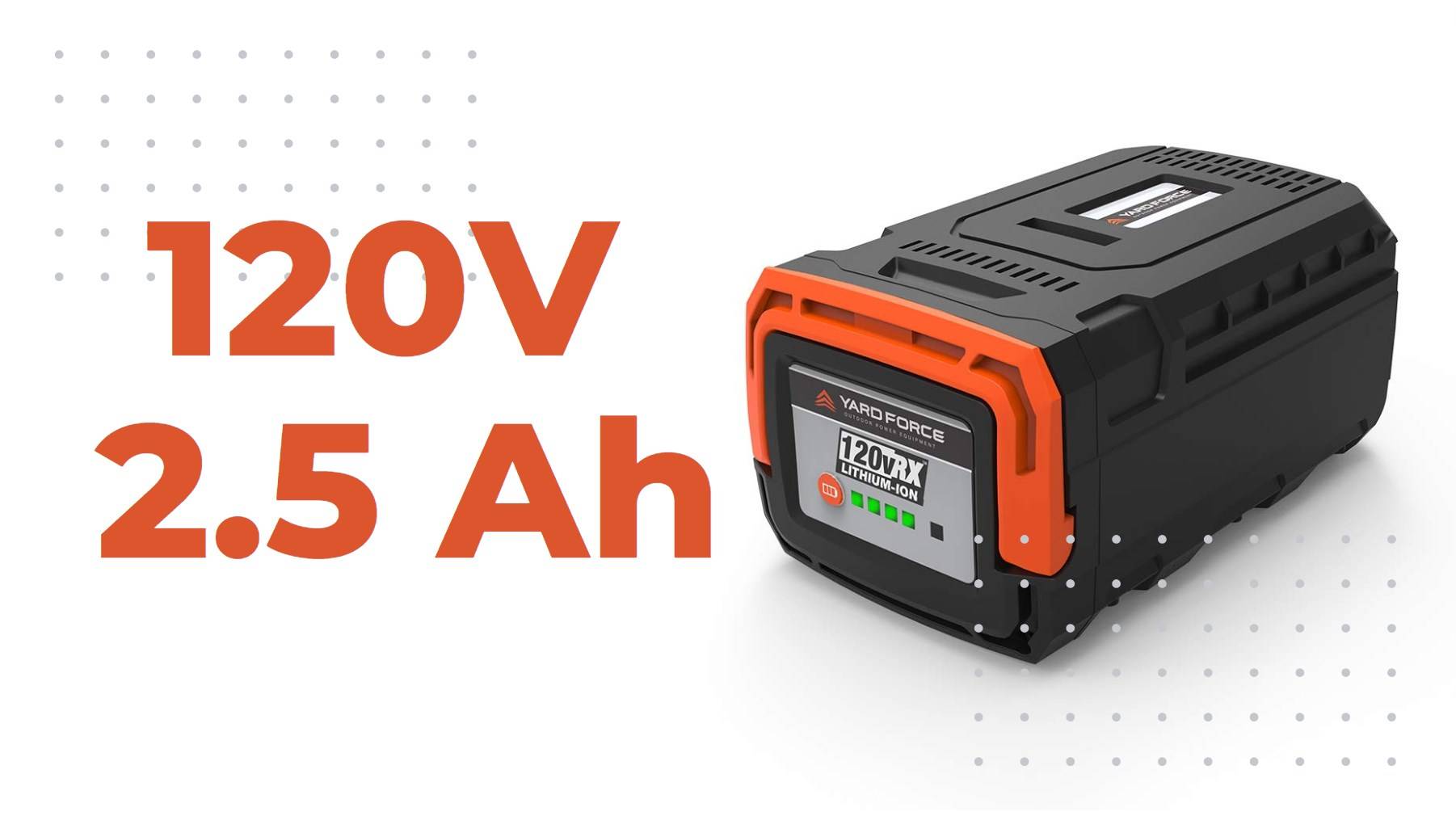
Blog
Exploring Features and Benefits of the PSI5 1500MT120LI Lithium Battery

The PSI5 1500MT120LI is a cutting-edge lithium-ion battery designed for high-performance applications, particularly in telecommunications and IT infrastructure. This guide provides an overview of its features, benefits, performance metrics, and maintenance practices to help you maximize efficiency.
What is the PSI5 1500MT120LI?
The PSI5 1500MT120LI is a robust lithium-ion uninterruptible power supply (UPS) that delivers up to 1500VA (1350W) of backup power, ensuring continuous operation during outages. It is engineered for edge computing and distributed IT applications, providing reliable energy storage solutions.Chart Title: Overview of PSI5 1500MT120LI
| Feature | Specification |
|---|---|
| Power Output | 1500VA / 1350W |
| Battery Type | Lithium-Ion (LiFePO4) |
| Recharge Time | ~2 hours to 90% |
| Dimensions | Compact design |
What are the key features of the PSI5 1500MT120LI?
Key features include:
- High Efficiency: Up to 97% efficiency in normal mode, reducing energy costs.
- Fast Recharge: Can recharge to 90% capacity in approximately two hours.
- Long Lifespan: Lithium-ion batteries typically last 2-3 times longer than traditional VRLA batteries.
- Compact Design: Smaller footprint allows for flexible installation.
Chart Title: Key Features of PSI5 1500MT120LI
| Feature | Description |
|---|---|
| High Efficiency | Low energy loss |
| Fast Recharge | Quick recovery after outages |
| Long Lifespan | Reduced replacement frequency |
| Compact Design | Space-saving solution |
How does the battery perform in various applications?
The PSI5 1500MT120LI performs exceptionally well across various applications, including:
- Telecommunications: Provides backup power for cellular towers and network equipment.
- Data Centers: Ensures continuous operation of servers and critical systems during power failures.
- Edge Computing: Supports distributed IT environments requiring reliable energy sources.
Chart Title: Applications of PSI5 1500MT120LI
| Application | Description |
|---|---|
| Telecommunications | Backup power for connectivity |
| Data Centers | Critical system support |
| Edge Computing | Reliable energy source |
What are the benefits of using lithium-ion technology?
Lithium-ion technology offers several advantages:
- Higher Energy Density: More power in a smaller size compared to lead-acid batteries.
- Longer Cycle Life: Capable of handling more charge/discharge cycles without significant degradation.
- Faster Charging Times: Reduces downtime with quicker recharge capabilities.
How do environmental conditions affect lithium-ion battery performance?
Temperature significantly impacts both charging efficiency and overall performance; extreme heat can lead to overheating, while cold conditions may slow down charge times or reduce capacity temporarily.Chart Title: Temperature Effects on Performance
| Temperature Range | Effect |
|---|---|
| Below 0°C | Reduced capacity |
| Optimal (20°C to 25°C) | Ideal performance |
| Above 40°C | Risk of overheating |
What maintenance practices can extend the life of a lithium battery pack?
To maximize longevity:
- Regularly monitor charge levels and avoid deep discharges.
- Store in a cool, dry place to prevent overheating.
- Follow manufacturer guidelines for charging cycles.
How to safely charge and store lithium-ion batteries?
To ensure safety:
- Use chargers specifically designed for your battery type.
- Avoid exposing batteries to extreme temperatures during storage.
- Regularly inspect batteries for signs of damage or wear.
Expert Views
“Investing in high-quality lithium-ion UPS systems like the PSI5 1500MT120LI ensures that critical systems remain operational during outages, providing peace of mind and reliability,” says John Smith, an expert in energy storage solutions.FAQ Section
- Can I use my existing charger with this UPS?
Yes, but ensure compatibility with lithium-ion technology. - How long will it take to fully charge my device?
Charging time varies based on device power requirements but generally takes several hours. - What should I do if my UPS overheats?
Disconnect it immediately, allow it to cool down, and check for any damage before using it again.



